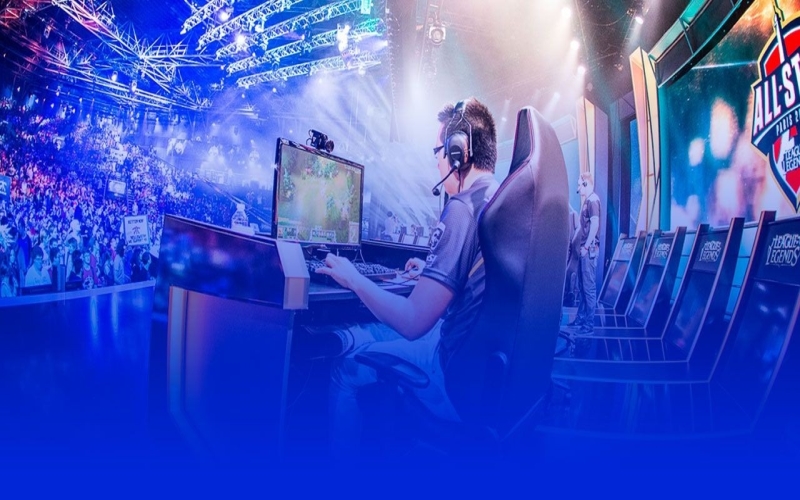In recent years, eSports has emerged as a cultural phenomenon, captivating millions of players and spectators around the world. What began as a niche hobby has evolved into a global industry, with professional gamers competing for fame, fortune, and glory in tournaments that draw millions of viewers. The rise of eSports has had a profound impact on modern gaming culture, reshaping the way we play, watch, and think about video games.
The Evolution of eSports
eSports, short for electronic sports, refers to competitive gaming events where players or teams compete against each other in video games. While competitive gaming has existed for decades, the advent of online multiplayer games and streaming platforms like Twitch has propelled eSports into the mainstream. Today, eSports encompasses a wide range of genres, including first-person shooters, real-time strategy games, multiplayer online battle arenas, and fighting games.
One of the key factors driving the growth of eSports is the accessibility of gaming technology. With the proliferation of gaming consoles, PCs, and smartphones, more people than ever have access to the tools needed to compete in or watch eSports events. Additionally, the rise of social media and streaming platforms has made it easier for gamers to connect with each other and share their gameplay experiences with a global audience.
The Impact on Gaming Culture
The rise of eSports situs togel has had a significant impact on modern gaming culture, influencing everything from the games we play to the way we consume entertainment. For starters, eSports has helped legitimize gaming as a form of competitive sport, elevating it to the same level of recognition and respect as traditional sports like basketball or soccer. Professional gamers are now viewed as athletes in their own right, with dedicated training regimens, sponsorships, and fan followings.
Furthermore, eSports has fostered a sense of community among gamers, bringing together people from diverse backgrounds who share a passion for gaming. Whether it’s cheering for their favorite team in a tournament or participating in online gaming communities, eSports has created opportunities for gamers to connect with each other and form friendships that transcend geographical boundaries.
The Influence on Game Design
The rise of eSports has also had an influence on the design and development of video games. Game developers are now designing their games with eSports in mind, incorporating features like competitive matchmaking, spectator modes, and balanced gameplay mechanics to ensure a fair and enjoyable experience for both casual players and professional competitors. Additionally, eSports has given rise to new genres of games specifically tailored for competitive play, such as battle royale games like Fortnite and Apex Legends.
Moreover, the success of eSports has attracted investment from major corporations and sponsors, leading to larger prize pools, professional leagues, and tournaments. This influx of capital has fueled the growth of the eSports industry, creating opportunities for players to earn a living by competing in tournaments, signing sponsorship deals, and streaming their gameplay on platforms like Twitch and YouTube.
The Rise of eSports Celebrities
Just as traditional sports have their own stars and celebrities, eSports has produced its own roster of recognizable figures who have become household names in the gaming community. From professional gamers and streamers to casters and analysts, these eSports celebrities have amassed large followings and wield significant influence within the gaming industry. They serve as role models and ambassadors for eSports, helping to popularize the sport and attract new fans to the scene.
The Future of eSports
As eSports continues to grow in popularity and mainstream acceptance, its influence on modern gaming culture is only expected to increase. With advancements in technology, such as virtual reality and augmented reality, the possibilities for eSports are virtually limitless. Additionally, as eSports becomes more integrated with traditional sports and entertainment, we can expect to see even greater crossover appeal and collaboration between the two worlds.
In conclusion, eSports has had a transformative impact on modern gaming culture, reshaping the way we play, watch, and think about video games. From its humble beginnings as a niche hobby to its current status as a global phenomenon, eSports has revolutionized the gaming industry and created new opportunities for players, fans, and businesses alike. As we look to the future, the influence of eSports on gaming culture is sure to continue, paving the way for new innovations, experiences, and opportunities in the world of competitive gaming.

